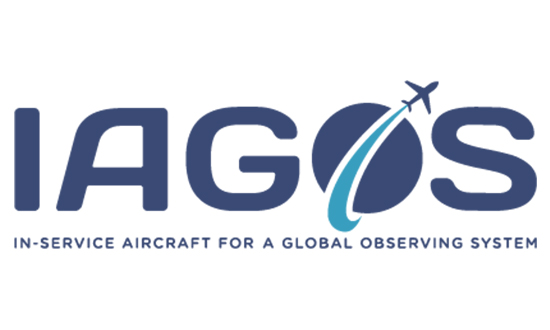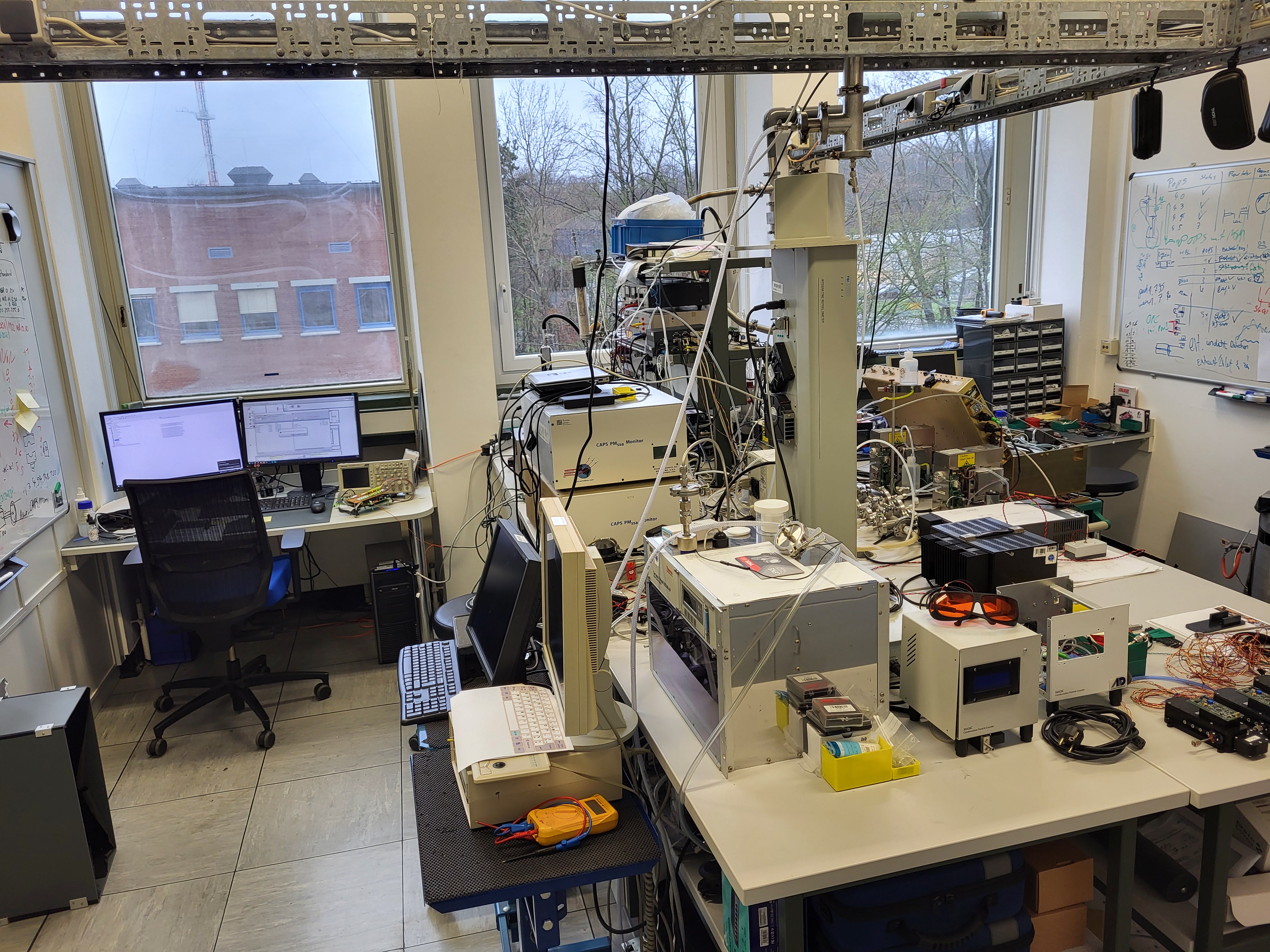
SDG 13 aims to take urgent action to combat climate change and its impacts. This not only includes strengthening resilience and adaptive capacity to climate-related hazards and natural disasters in all countries, but also integrating climate change measures into national policies, strategies, and planning, as well as improving education, awareness, and early warning.
Overview, targets and indicators of SDG 13
Forschungszentrum Jülich is helping to realize SDG 13 by developing a globally unique instrument for global Earth observation that provides data on climate change and air quality in collaboration with partners from research, weather forecasting, the aviation industry, and airlines.
iagos
Global climate change is arguably the most serious environmental problem facing humanity today, with implications for global political stability and the world economy. Reliable predictions of the future climate using climate models are a central and fundamental prerequisite for defining future strategies to combat climate change.
The European research infrastructure IAGOS (In-service Aircraft for a Global Observing System) conducts global observations of the composition of the atmosphere based on the use of commercial passenger aircraft as a measuring platform. Every day, all over the world, IAGOS provides spatiotemporal high-resolution information for the upper troposphere and lower stratosphere (ULTS) as well as vertical profiles in the troposphere.
The use of commercial aircraft enables highly relevant observations to be collected on a scale and in a quantity that cannot be achieved with research aircraft and where other measurement methods (e.g. satellites) have technical limitations. Furthermore, this form of measurement causes no additional CO2 emissions into the atmosphere.
IAGOS combines two complementary approaches:
- IAGOS-CORE: installation and operation of autonomous instruments on up to 10 Airbus A330/A340 long-haul aircraft of eight international airlines for the continuous measurement of important reactive trace gases (O3, CO, NOx), greenhouse gases (CO2, CH4), H2O, temperature, particulate matter (aerosols), and cloud particles
- IAGOS-CARIBIC: monthly deployment of a cargo container equipped to analyse a much wider range of trace substances, including organic compounds, halogenated hydrocarbons, mercury, the chemical composition of particulate matter, and isotopes

“Long-term observations by IAGOS of the chemical composition of the atmosphere, as well as of temperature, aerosols, and clouds, help to detect changes in this atmospheric region in order to gain a better understanding of the cycles of the greenhouse gases water vapour and ozone, and to investigate the influence of climate change. The regular measurement of the vertical distributions of health-relevant gases (nitrogen oxides, ozone) and particles provides essential contributions to the assessment of global air quality. The operational measurements of atmospheric trace substances on board passenger aircraft have led to close cooperation with European research infrastructures, the aircraft industry, airlines, and Copernicus– the EU’s Earth observation programme,” says Prof. Dr. Andreas Petzold, coordinator of IAGOS Germany, member of the IAGOS executive board, and group leader at the Institute of Climate and Energy Systems – Troposphere (ICE-3).


